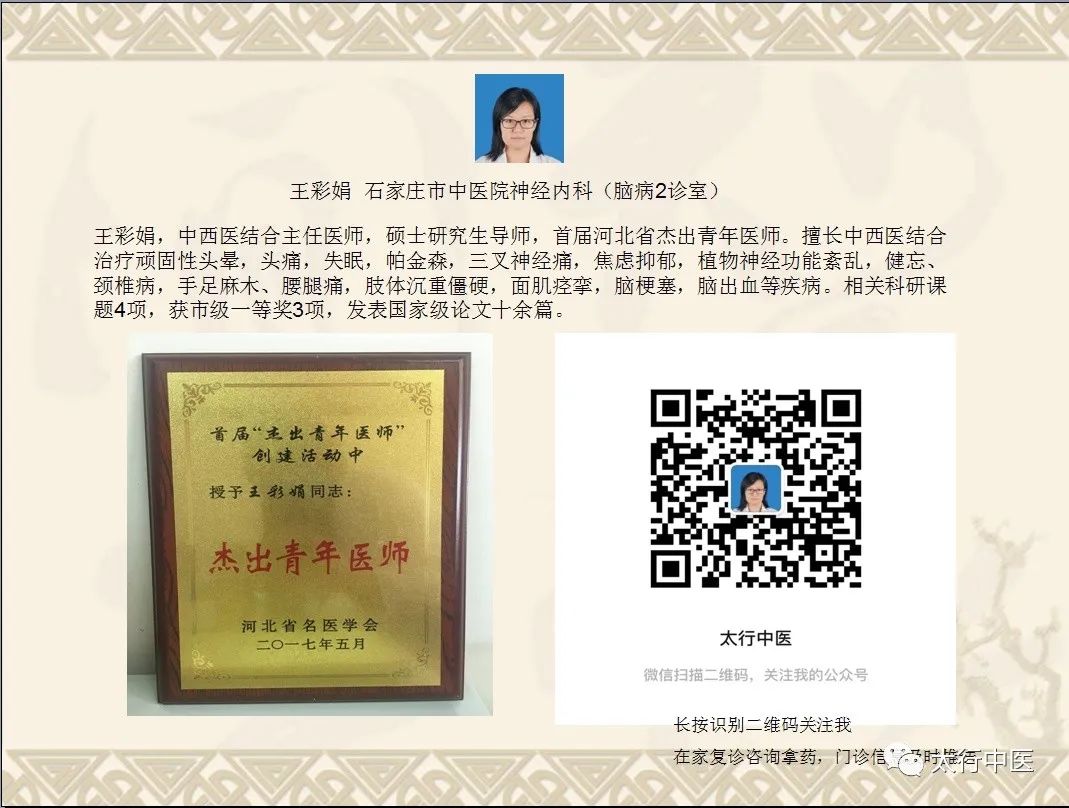The term “kidney deficiency” is familiar to many. However, did you know that kidney deficiency is categorized into yin and yang types? In this article, we will explore kidney yang deficiency.

Kidney yang deficiency is a type of deficiency-cold syndrome characterized by the decline of kidney yang, leading to inadequate warming and impaired qi transformation. This condition is often caused by a constitution of yang deficiency, aging-related kidney depletion, prolonged illness harming the kidneys, or excessive sexual activity. Traditional Chinese Medicine (TCM) holds that the kidneys govern water, and kidney yang plays a crucial role in the transformation and vaporization of fluids. When kidney yang is insufficient, the ability to vaporize and transform is weakened, resulting in symptoms such as clear and frequent urination, indicating pathological changes in the kidneys. Kidney yang, also known as yuan yang, is fundamental to life and is rooted in the kidneys. The kidneys and the mingmen (gate of life) share the same qi, serving as the pivot for the balance of yin and yang in the body. Kidney yang governs the body’s yang qi; when the fire is weak, symptoms of yang deficiency emerge. The clinical manifestations of kidney yang deficiency can be summarized in the following ten aspects: 1. Weakness and pain in the lower back and knees due to the inability of kidney yang to nourish the lumbar region and bones; 2. Male impotence and premature ejaculation, female cold uterus and infertility due to insufficient kidney yang and weakened reproductive function; 3. Chronic diarrhea, undigested food, and early morning diarrhea caused by weakened mingmen fire, which fails to generate earth, leading to spleen dysfunction; 4. Frequent urination, clear and prolonged urination, and nocturia due to the kidneys governing urination and insufficient kidney yang causing bladder qi transformation obstruction; 5. Edema, particularly below the waist, resulting from fluid retention; 6. Dark and dull complexion due to extreme deficiency of kidney yang, with turbid yin spreading to the skin; 7. Aversion to cold and cold limbs, especially in the lower extremities, due to yang deficiency failing to warm the skin; 8. Mental fatigue due to insufficient yang qi and lack of vitality; 9. Pale complexion and dizziness due to weak qi and blood circulation failing to nourish the clear orifices; 10. Pale tongue with a swollen white coating and a weak, slow pulse, all indicative of yang deficiency.

So how can we tonify kidney yang? Below are some commonly consumed foods that can help: 1. **Qian Shi (Euryale Seed)**: It can stop diarrhea, prevent nocturnal emissions, and improve sleep. The Qing dynasty physician Chen Shize stated: “Qian shi alleviates lower back and knee pain, sharpens the senses, prolongs life with regular consumption, and is highly beneficial. It not only stops emissions but also generates essence, clearing damp phlegm from the spleen and stomach, thus generating true water in the kidneys.” Therefore, qian shi is an excellent choice for strengthening the spleen and tonifying the kidneys. 2. **Yang Rou (Lamb)**: Lamb is sweet and not greasy, warm but not dry, and has the effects of tonifying the kidneys, warming the center, dispelling cold, nourishing qi and blood, and enhancing appetite. Thus, lamb has long been considered an important food for winter nourishment in China. Li Shizhen in the “Compendium of Materia Medica” stated: “Lamb can warm the center, replenish deficiency, enhance qi, stimulate appetite, strengthen kidney qi, nourish the gallbladder, and treat cold-related fatigue and weakness.” 3. **Shan Yao (Chinese Yam)**: The “Compendium of Materia Medica” states: “It benefits kidney qi and strengthens the spleen and stomach.” Chinese yam is both an ancient medicinal herb and a common food, known for its ability to tonify the spleen and kidneys without causing heat. It is suitable for those with spleen, lung, or kidney deficiency and is hailed as the “natural king of kidney tonification.” 4. **Li Zi (Chestnuts)**: TCM considers chestnuts to be the “fruit of the kidneys,” with excellent effects in tonifying the kidneys and nourishing the stomach. Renowned TCM practitioners have noted that chestnuts are sweet, warm, non-toxic, and enter the spleen, stomach, and kidney meridians, strengthening the spleen and kidneys, promoting blood circulation, and stopping bleeding. They are particularly effective for chronic diarrhea due to spleen and stomach deficiency, lower back pain, and frequent urination due to kidney deficiency.

5. **He Tao Ren (Walnuts)**: Walnuts are sweet and warm, capable of tonifying the kidneys and assisting yang, nourishing the lungs, calming coughs, and promoting bowel movements. They can be used to treat cough due to lung and kidney deficiency, constipation, lower back pain, and urinary difficulties. TCM practitioners have long regarded walnuts as a good remedy for kidney deficiency. Whether it is lower back pain, weakness in the legs, impotence, nocturnal emissions, or cough and frequent urination due to kidney qi deficiency, walnuts can be used as an adjunct treatment. 6. **Hei Zhi Ma (Black Sesame)**: Ancient texts suggest that long-term consumption of black sesame can promote longevity, earning it the title of “food of the immortals.” Black sesame is rich in lecithin, protein, vitamin E, and various minerals. It is sweet and neutral, entering the liver and kidneys, making it a good tonic. The “New Compilation of Materia Medica” states: “It nourishes the liver and kidneys, supports the five organs, darkens hair, and moistens the intestines.” This summarizes the benefits of black sesame. 7. **Hei Dou (Black Beans)**: Also known as black soybeans, they are rich in protein, minerals, and trace elements. TCM considers them sweet, neutral, and non-toxic, with effects of dispelling exterior pathogens, clearing heat, nourishing blood, calming the liver, tonifying the kidneys, and darkening hair. Li Shizhen noted: “Black beans have many functions in the kidneys, thus they can treat water retention, reduce bloating, relieve qi stagnation, and detoxify.” These foods can all help tonify kidney yang, and you can choose them according to your needs. Of course, if your symptoms are severe, please seek treatment from a qualified medical institution to avoid delaying your condition. Written by Yan Lingbo, Edited by Huo Yingying, Supervised by Wang Caijuan, Department of Neurology, Shijiazhuang Traditional Chinese Medicine Hospital. For consultation, you can add WeChat.



